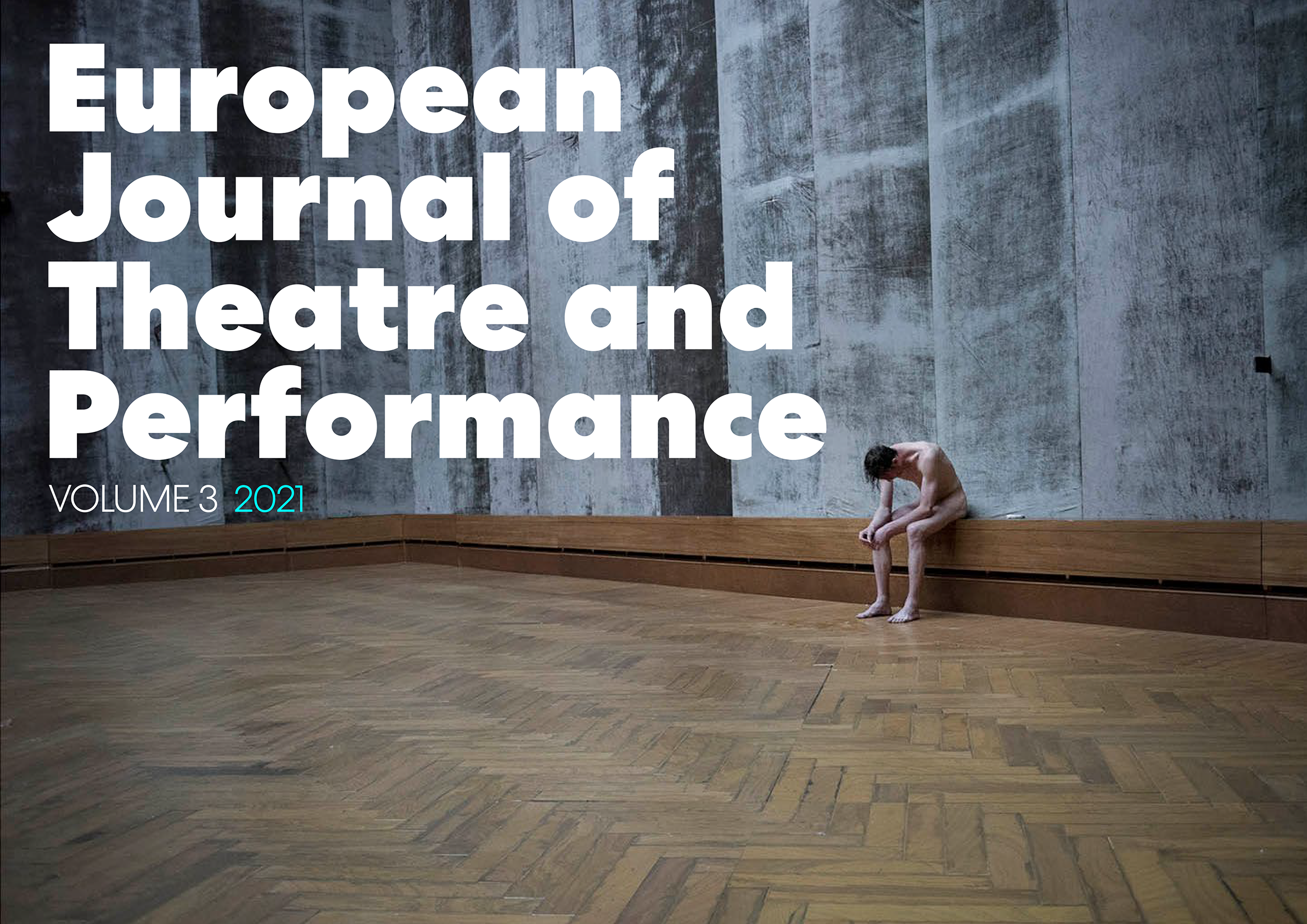Adapting Copla: The Interplay of Languages in Making The Copla Musical
DOI:
https://doi.org/10.21827/ejtp.3.41747Keywords:
Cultural translation, Copla, musical theatre, foreignisation/domestication, intercultural adaptationAbstract
The process of creating The Copla Musical involved the translation and integration of twentieth-century Spanish copla songs into a theatre narrative in English. The songs had been rarely translated before, let alone presented in a theatrical context outside Spain. The development of this show involved the collaboration of an international team who helped transform a culturally and historically charged artistic form by tapping into the intercultural potential and subversive nature of the material. The results of this work were then presented internationally in the form of a contemporary theatre production. This practice opened questions of how cultural translation may effectively function in a global Anglo-centric musical theatre industry. In this article, I will engage with translation debates and discuss how the selection and translation of songs impacted on performance and music languages also subject to cultural translation. The article aims to explore how new dynamics of collaboration and creativity conditioned the making of The Copla Musical, an intercultural project from conception to execution.
Published
Issue
Section
Copyright (c) 2021 Alejandro Postigo

This work is licensed under a Creative Commons Attribution 4.0 International License.

